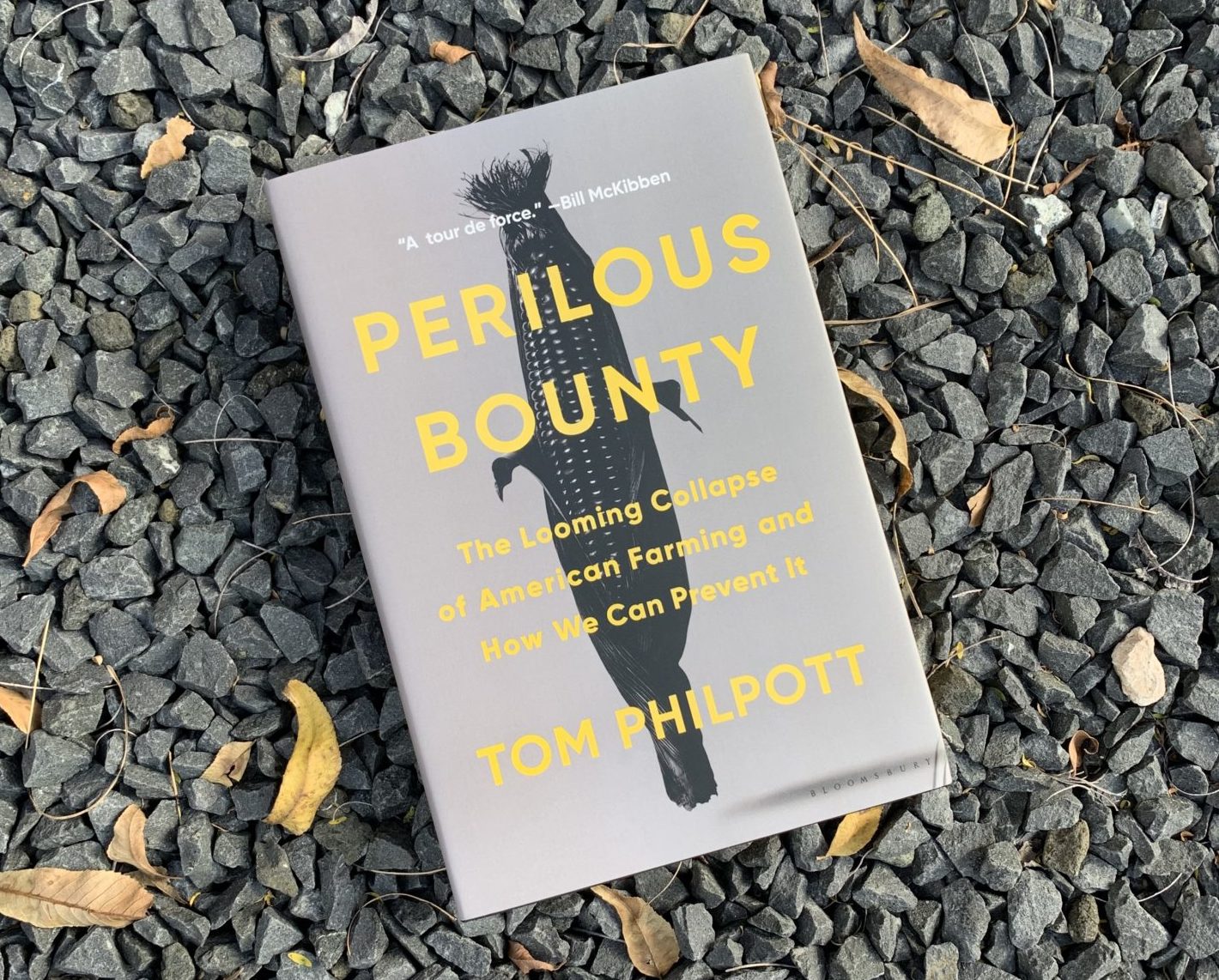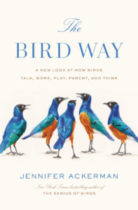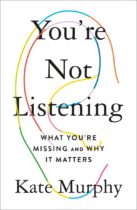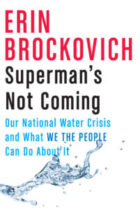guest post by Austin Texas Science Writers
For the past two years, one mission of Austin Texas Science Writers has been to uncover the best science and nature writing. In Fall 2018, we launched the ATXSciRead book club in collaboration with BookPeople. Our book club has tackled sci-comm classics, like Carl Sagan’s Cosmos and Rachel Carson’s Silent Spring; welcomed authors near (Karen Olsson) and far (Deborah Blum, Katherine Eban); and sought out new voices on topics ranging from botany and indigenous knowledge (Robin Wall Kimmerer’s Braiding Sweetgrass) to race in medicine (Damon Tweedy’s Black Man in a White Coat).
Here, we share our most anticipated science and environmental titles at the 2020 Festival.
Perilous Bounty by Tom Philpott
Teresa Carr – Board Vice President, Independent Science and Health Journalist
Compared to 50 years ago, today’s industrial agriculture produces far more food on less land — but at a cost of less diversity in crops, depleted soils, and heavy use of fertilizers and pesticides. In Perilous Bounty: The Looming Collapse of Agriculture and What We Can Do to Prevent it, veteran journalist and former farmer Tom Philpott makes the case that poor stewardship of natural resources have put American farming — and the global food supply — in grave danger.
I can’t bring myself to read too much doom-and-gloom these days, so I’m looking forward to Philpott’s reporting on the innovators who are developing resilient, soil-building, and water-smart farming practices that could very well prevent the looming crisis.
The Bird Way by Jennifer Ackerman
Julie Grisham – Board President, Science and Medical Writer
As a daydreamer, I often find myself staring out the window and watching the birds in my yard. And as a writer who frequently covers neuroscience, I know that studying bird brains has helped scientists uncover many new findings about how human brains work. So I’m excited about Jennifer Ackerman’s new book, The Bird Way: A New Look at How Birds Talk, Work, Play, Parent, and Think. Ackerman’s book highlights recent research on birds, ranging from parrots to pigeons to penguins and more. Full of anecdotes and facts, it will make you think about our feathered friends in a whole new way.
K. Angel Horne – Director-at-large, Nature Interpreter
While “activist fiction” doesn’t often make it to beach towels or wine-and-cheese-style book clubs, if one still has the luxury of literature in the fall of 2020, they are basically obliged to crack the spine of a darkly comedic examination of modern humanity framed by factory farming — don’t you think? Have you, after all, felt “cooped up” these long months? Have your grocery-store forays become a different beast altogether? Released this year, the book is not only timely, but lyrical and acute. It is a heist story and political commentary pregnant with complexity and presented through consciousness both homosapien and avian. Its deservedly lauded author, Deb Olin Unferth, has served us this opportunity wrapped in rich prose. Unferth is a Chicago native now teaching at UT Austin and running the Pen City Writers, a creative writing program at a max security penitentiary in South Texas. It is clear she is dedicated to uplifting the voices of those marginalized and confined, human and otherwise.
WASTE by Catherine Coleman Flowers
Eileen McGinnis – Board Secretary, Climate Activist
At first glance, a book about sewage might seem like a curious pick. But Catherine Coleman Flowers’ WASTE: One Woman’s Fight Against America’s Dirty Secret is about so much more. Her book tells the story of rural communities of color throughout the United States that lack access to safe water and waste infrastructure. Flowers is the perfect guide: founding director of the Center for Rural Enterprise and Environmental Justice, she grew up in Lowndes County, Alabama, a Civil-Rights-Era battleground now enmeshed in a struggle for basic sanitation.
In a time of intersecting crises, WASTE promises a necessary — and deeply personal — education in environmental justice, as well as a path forward to building a more inclusive environmental movement.
You’re Not Listening by Kate Murphy
Emily Moskal – Director-at-large, Communications Specialist
Listening is the crux of many of life’s most important connections. Author Kate Murphy wants to improve your life with a simple adage: listen better. In You’re Not Listening: What You’re Missing and Why It Matters, Murphy explores the psychology, sociology, and neuroscience behind this oft-neglected personal skill.
Superman’s Not Coming by Erin Brockovich
Nika Sarraf – Student Board Member, Environmental Science Student
Erin Brockovich’s newest book, Superman’s Not Coming: Our National Water Crisis and What We the People Can Do About It details the water crises being faced by Americans throughout the United States, and what we can do as individuals to help preserve this resource. Brockovich is no stranger to advocating for environmental issues, and she continues to do so by stressing the importance of citizen science and individual responsibility.







